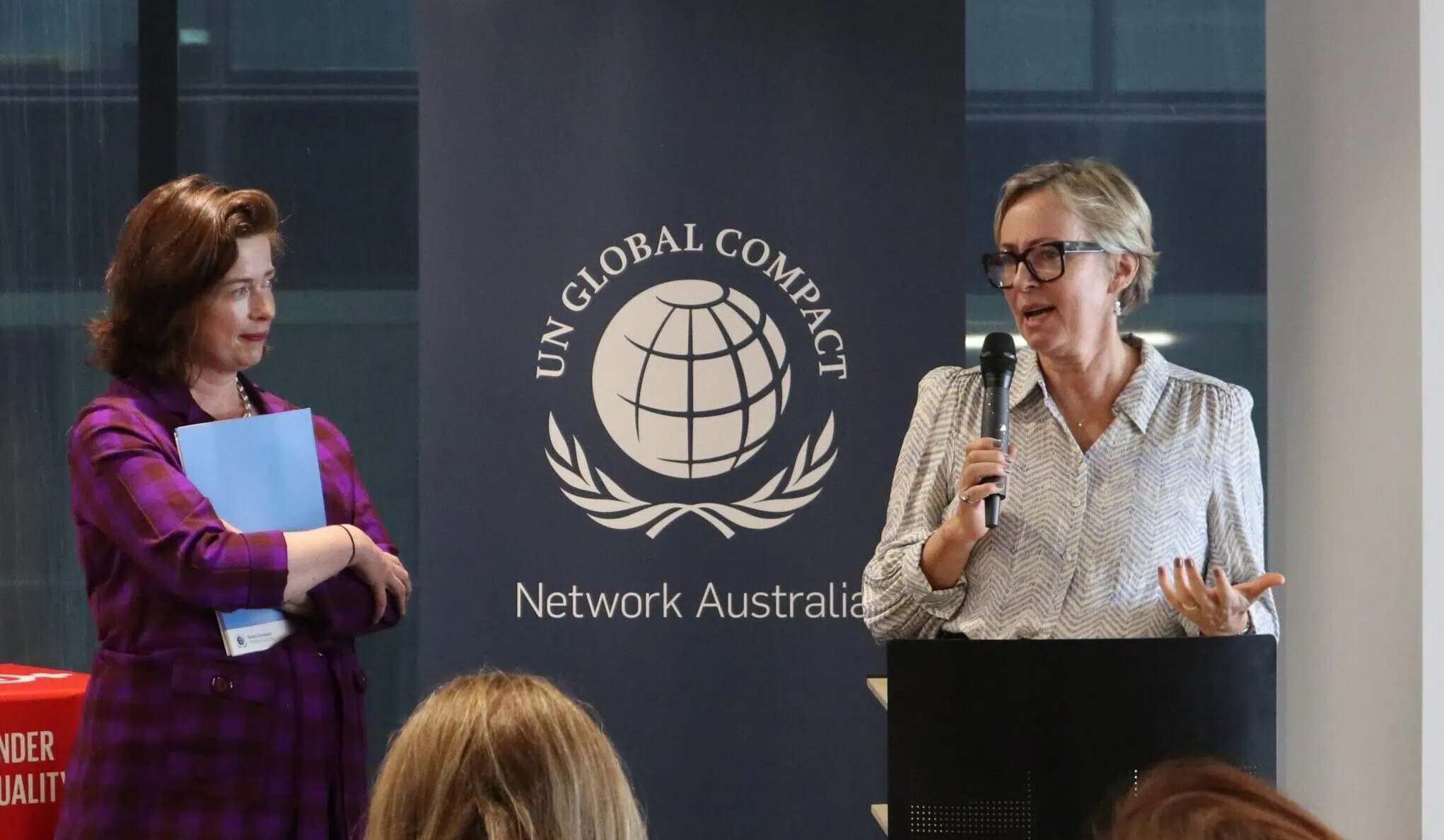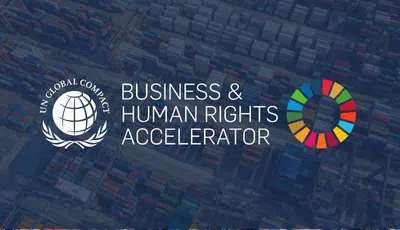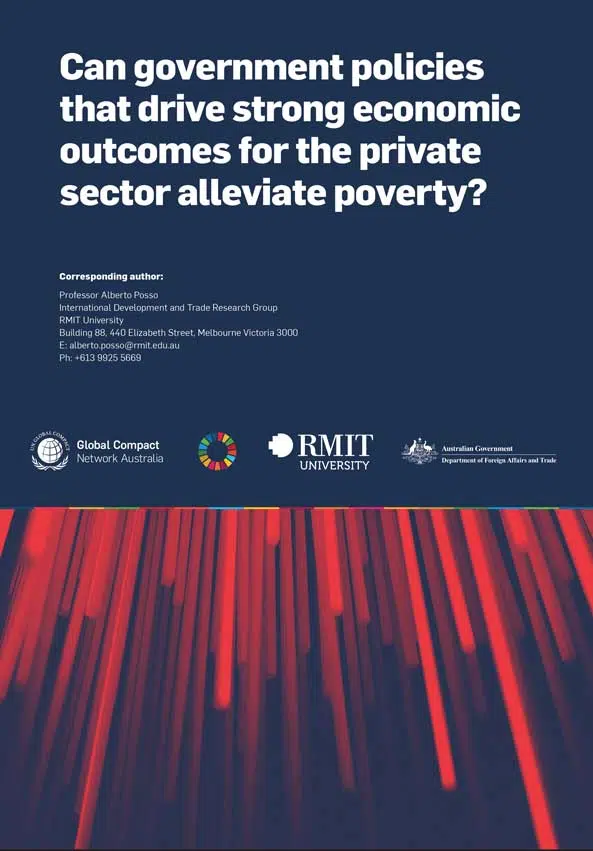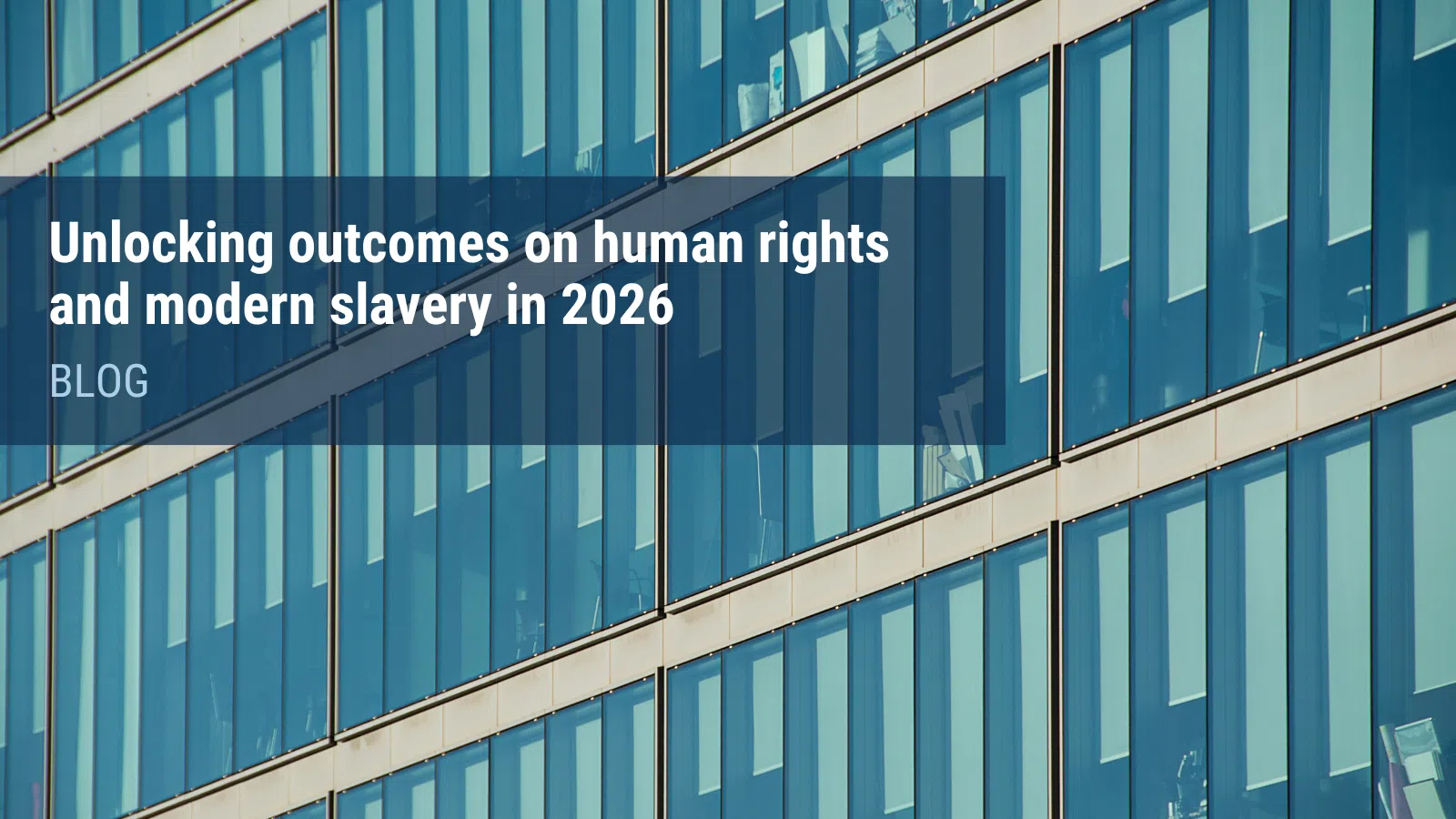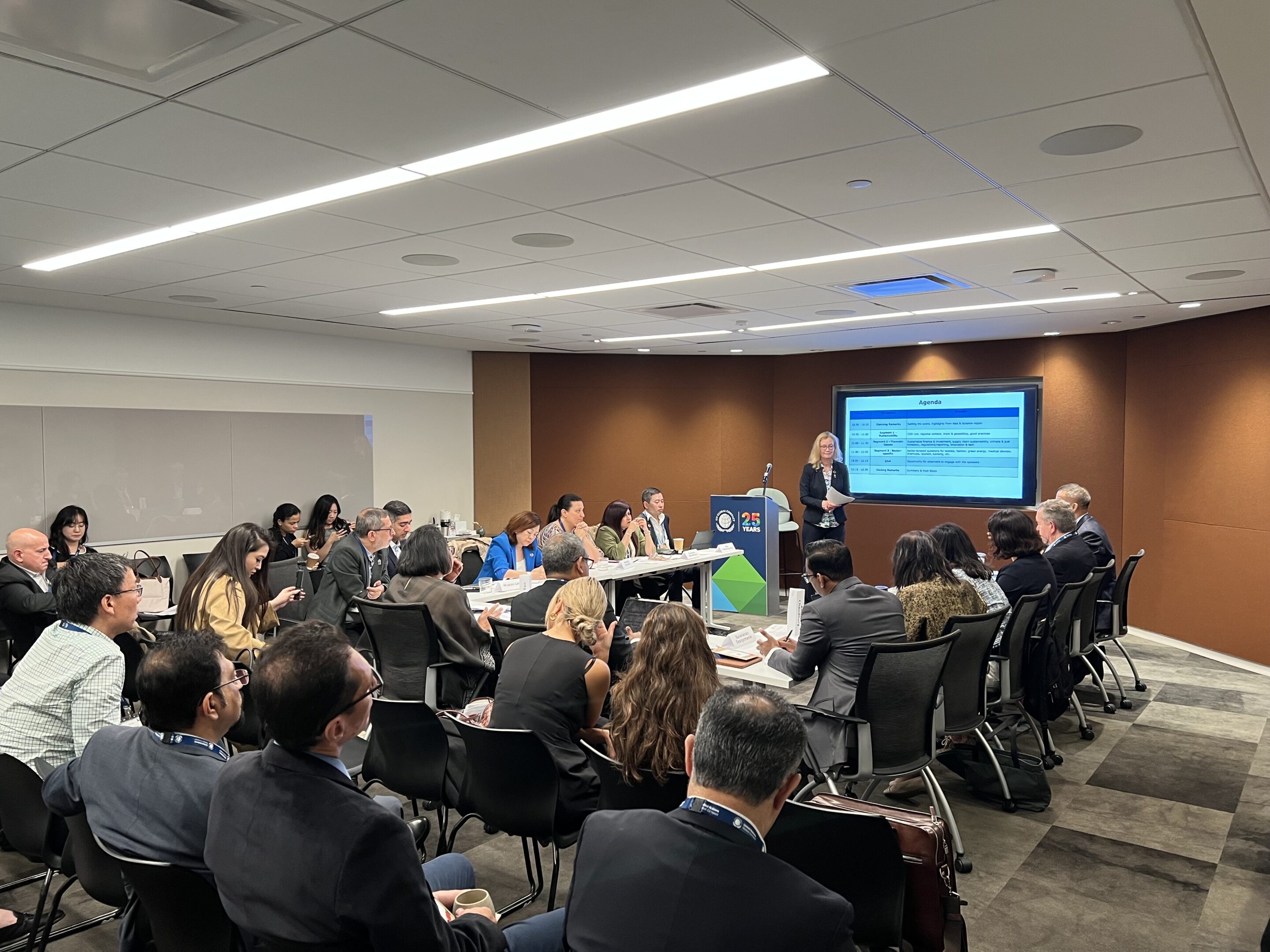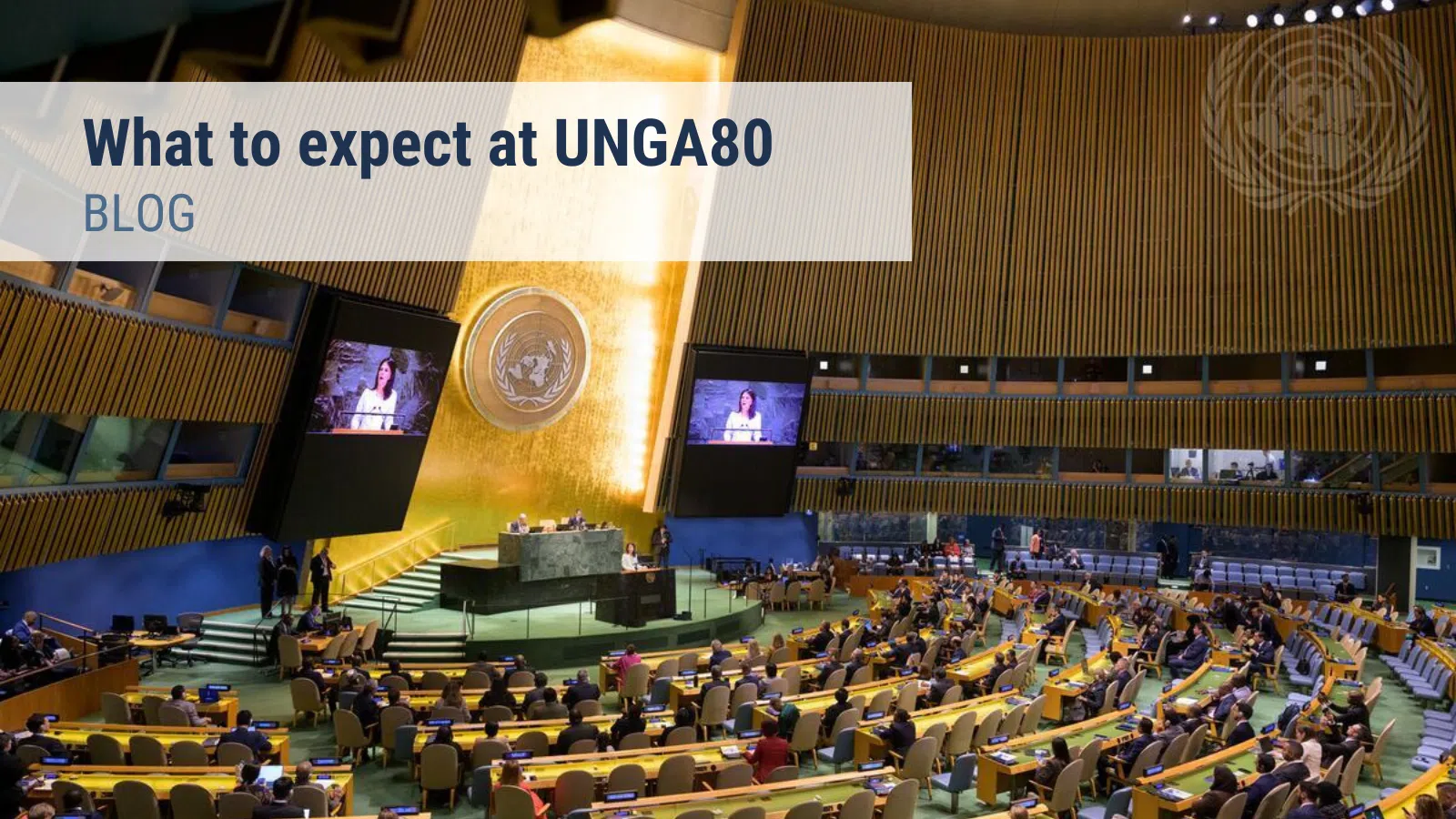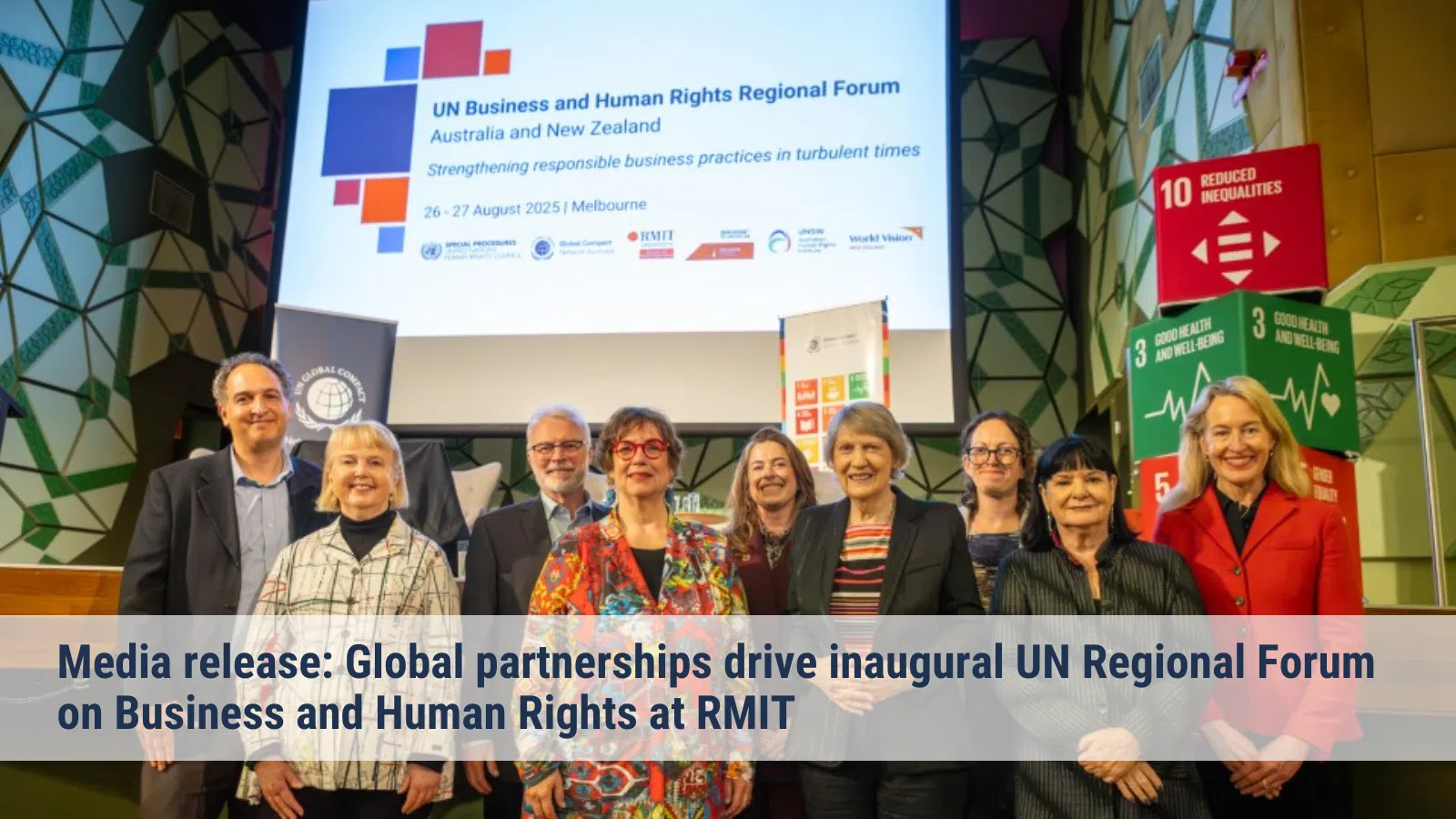Human Rights
Businesses have the responsibility to respect all internationally recognised human rights. At a minimum, this means the rights set out in:
- The International Bill of Human Rights, which is comprised of the Universal Declaration on Human Rights, the International Covenant on Civil and Political Rights and the International Covenant on Economic, Social and Cultural Rights
- The International Labour Organisation’s Declaration on Fundamental Principles and Rights at Work
- The United Nations (UN) Guiding Principles on Business and Human Rights
Human rights touch on a broad range of issues, including labour rights, working conditions, non-discrimination, culture, health, water, education and privacy.
Business and the Responsibility to Respect Human Rights
The United Nations (UN) Guiding Principles on Business and Human Rights provide practical guidance and are the authoritative global standard and key reference point for businesses on how to meet the growing expectations they face when it comes to respecting human rights.
These principles build on the three pillars of the UN ‘Protect, Respect and Remedy’ and the framework is based on the State duty to protect human rights, the corporate responsibility to respect human rights, and the need to ensure access to remedy for those affected by human rights abuses.
The UN Guiding Principles set out the policies and processes that a business should have in place to meet its responsibility to respect human rights. These include:
- A policy commitment to respecting human rights
- An ongoing human rights due diligence process to identify, prevent, mitigate and account for how the business addresses impacts on human rights
- Processes to enable the remediation of any adverse human rights impacts the business has caused or contributed to
Business and Support for Human Rights
Respecting human rights is the minimum standard expected of businesses, but businesses also have a significant opportunity to support human rights — that is, to take additional voluntary actions that promote and advance human rights.
These actions can occur through social investment, advocacy, engagement in public policy, collective action and philanthropy. However, these actions cannot substitute for respecting human rights.
Get Involved
The UN Global Compact Network Australia convenes an annual multi-sector, multi-stakeholder Business and Human Rights dialogue. Register your interest at secretariat@unglobalcompact.org.au.
Contact us
To find out more about our Business and Human Rights workstream, contact:



